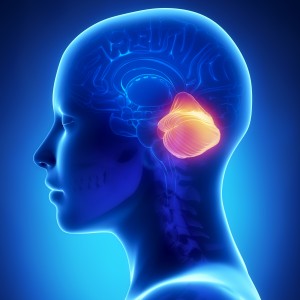Study of Sleep Disorders Linked to Cerebellar Ataxias Receives Funding
Written by |

 The National Ataxia Foundation (NAF) announced in December 2014 the funding of 23 important ataxia research projects in the United States, Mexico, Belgium, Portugal, United Kingdom and Germany.
The National Ataxia Foundation (NAF) announced in December 2014 the funding of 23 important ataxia research projects in the United States, Mexico, Belgium, Portugal, United Kingdom and Germany.
One of the projects awarded within the United States is led by Dr. Jeremy D. Schmahmann from Massachusetts General Hospital in Boston. The project is entitled “The Nature and Impact of Sleep Dysfunction in Cerebellar Ataxias” and focuses on a better understanding of the nature of sleep disturbances linked to cerebellar ataxias.
Cerebellar ataxias correspond to the lack of muscle control in voluntary movements (ataxia) that is originated by an injury to the cerebellum, the part of the brain that controls muscle coordination. Cerebellar ataxia can be the result of several conditions, such as stroke and tumors, but can also be caused by inherited defective genes as is the case of Friedreich’s ataxia.
Join the Friedreich’s Ataxia News forums: an online community for people with FA and their caregivers.
Cerebellar ataxias are characterized by difficulties in gait and balance by the affected individual, incoherent speech, and impairment in eye movement and control of fine motor skills in the hand. Cognitive deficiencies such as difficulties in learning and concentrating, depression, and poor memory can also occur. In addition, fatigue and poor sleep are frequently reported in individuals with ataxia.
A healthy sleep pattern is known to positively contribute to memory, learning, emotional processing and mood. On the other hand, a poor sleep pattern is linked to fatigue, exhaustion and a reduction in the quality of life. As such, research on sleep disturbances is crucial to improving sleep efficiency and subsequently other aspects of life in individuals suffering from the disease.
The goal of the project is to study several features of sleep quality and to establish the pattern of sleep disorders in patients with cerebellar ataxia based on difficulties in breathing or excessive movements during sleep. The research team also aims to determine how a poor sleep pattern can affect cognition, mood and especially depression.
The team reports that this is the first study to systematically evaluate sleep quality in patients with cerebellar ataxias, and hopes to contribute to the development of therapies that can improve the quality of life of these patients and close family.


